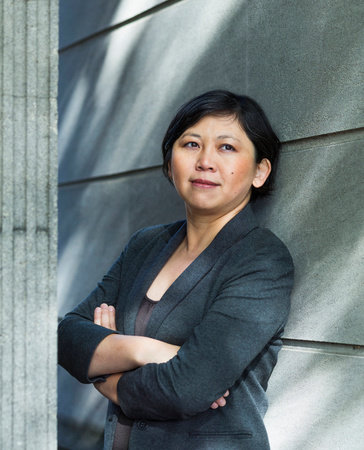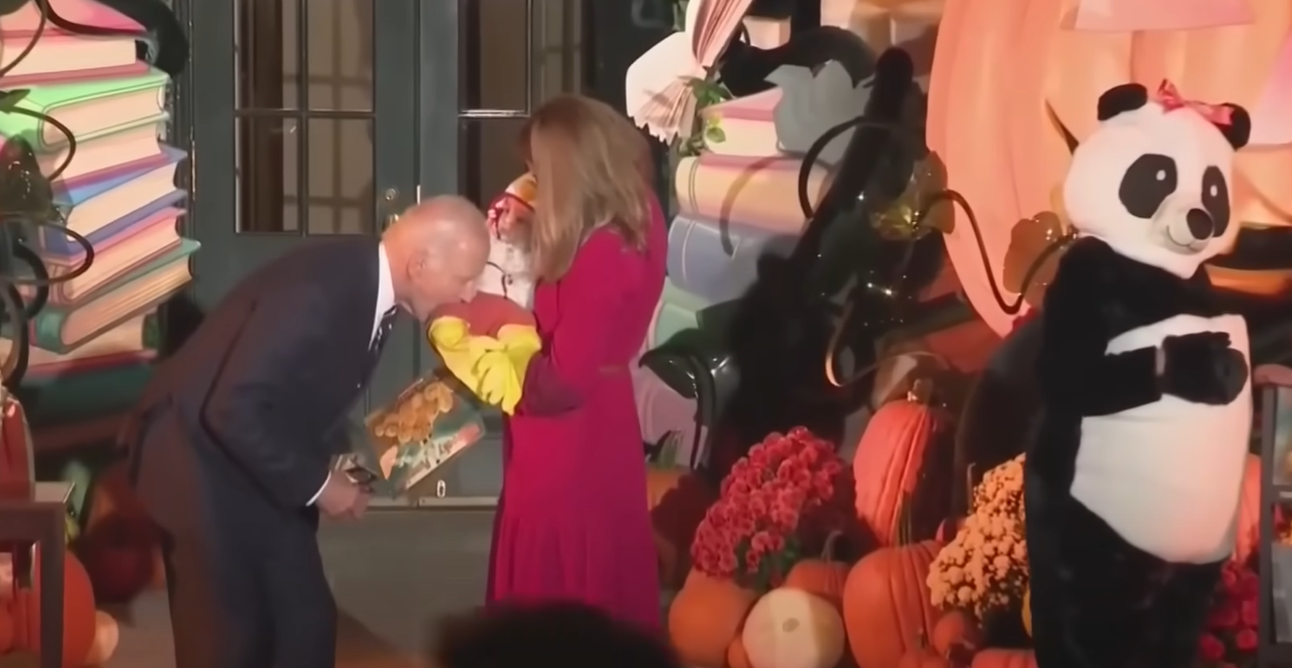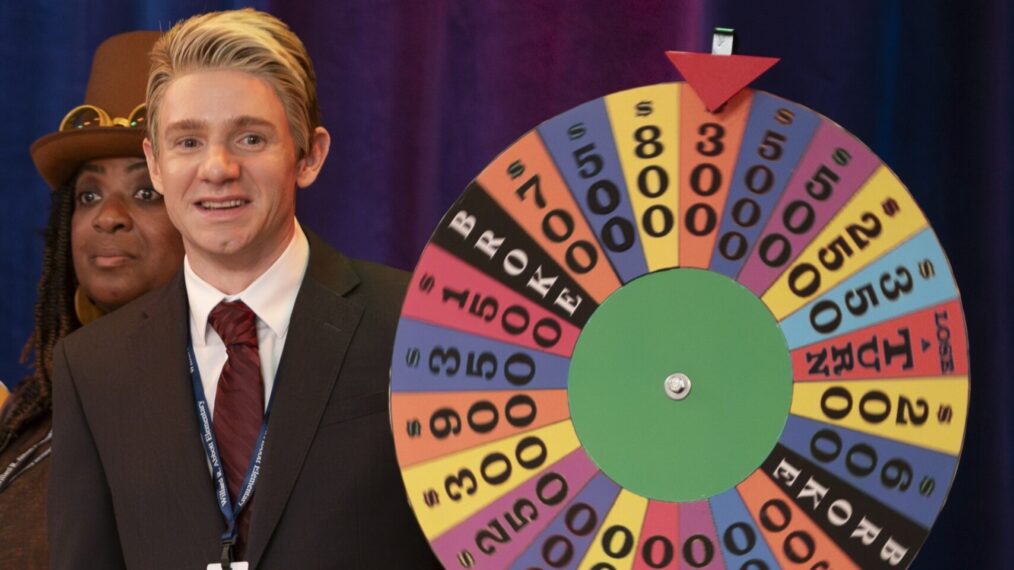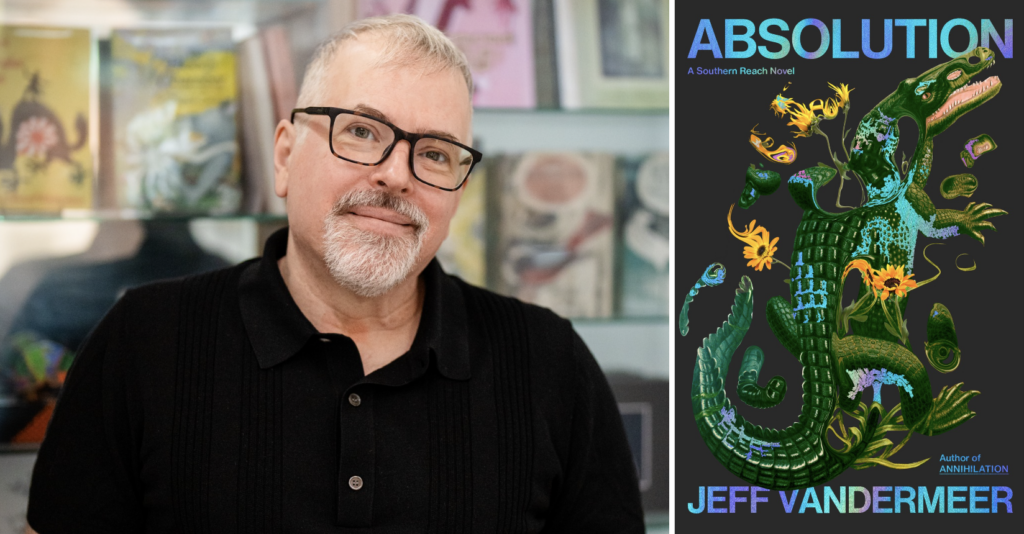As a Chinese writer writing in English as my second language, I have long admired the ways that Yiyun Li has made the language her own, molding it to contain truths of Chinese people and experiences. Wednesday’s Child is Li’s first short story collection in 13 years, during which time her fictional worlds have crossed oceans and opened up, becoming more capacious and inclusive.
I spoke to Li about her loyalty to the short story, her characters’ life choices, and why her work is not about grief.
Mengyin Lin: Wednesday’s Child is your 11th book and your third short story collection, the previous one having been published 13 years ago. In these intervening years, you’ve written a memoir, novels, and essays. But it is with short stories that you launched your career.
Yiyun Li: This collection has taken so long because I’ve actually written around 30 stories in these past 14 years, which means that I write stories all the time. It’s not that I’d put stories aside to pursue a novel or nonfiction. I’ve probably read more stories than novels, too. I am very loyal to short story as an art form.
ML: Has your approach to short stories changed over the years?
YL: When I was a young writer, I would work on a short story until it was finished. These days, writing a story takes much longer. I’d say most of the stories in Wednesday’s Child took eight to 10 months to write. I’d write a page and let it sit for six months, then see where my thoughts were with that page. So I shouldn’t say that these stories took longer to write, but, rather, to incubate. Often the writing itself was very fast.
ML: When you put a page aside, do you know what’s going to happen afterwards in the story? Or are you waiting to find out?
YL: In some cases, I don’t know what’s going to happen. In other cases, it’s because of my schedule. Once I know a story, I need a few intense days to stay in that story. If I cannot find those five days of intensity, I wait.
ML: And you write novels differently?
YL: Very different. Novels are not about intensity—you write a little chunk at a time. With stories, most of the drafting happens not on the page, but the six months before I write the story. With novels, you really have to have a draft before you can even say that you’re working on a novel.
ML: In Wednesday’s Child, I found that many characters, even when they share similar cultures and histories, make different fundamental life choices. One of them is motherhood. Mothers and non-mothers are put next to each other in many stories. What do you think motherhood means to a woman? Were these juxtapositions intentional?
YL: As I was listening to you, I thought, A woman is either a mother or childless. It is certainly not my way to define women, or anyone. As you said, a lot of stories in this collection are about motherhood. It’s not my design to say some of these characters are mothers and others are childless women. These stories took so long partly because a lot of what I saw in real life bled into them. In the end, many of these characters are not only mothers, but also caretakers. Even when women are not mothers, such as in “Such Common Life” and “A Sheltered Woman,” they often are caretakers.
ML: Another one of these life choices that your characters differ on is names. Some Chinese immigrants give themselves an English name and are known by that name, and some don’t. Some of my Chinese friends also go by their English names. But sometimes I feel that the Chinese name and the English name refer to two different people.
YL: There’s Ida in “Such Common Life.” It’s part of her story that English speakers cannot pronounce her Chinese name, which is also a revolutionary Chinese name. She and Dr. Ditmus have a philosophical conversation about how you choose your name. Bella in “A Small Flame” has lived in America for many years, and she is just Bella. But Bella is a princess in China, too! To me, a character’s name is part of the character, and it’s up to them if they use their Chinese or English name. I don’t think they think of themselves as a different person because of that. But from the outside, I think there’s a very subtle shift.
ML: My last question regarding your Chinese immigrant characters’ life choices is whether to return to China. It’s another more recent phenomenon in the community because of how much China has changed. I believe it is also a gendered choice. What do you think?
YL: Many Chinese immigrants and Chinese Americans, having lived in America their entire adult life, are now returning to China. I know some myself. Many of my classmates who came to the U.S. with me returned to China. I keep saying that life bleeds into fiction—it’s fascinating when things in life just make their way into stories. I do think that things are still harder for Chinese women in China. It’s not easy here, either, but substantially harder there. I do think about these things, but they’re not where I start a story.
ML: Where do you start a story?
YL: Often with situations that I don’t understand or a conversation that I find fascinating. I’d write one page and take forever to return to it because it takes me a long time to think about where it goes. For example, “Such Common Life” starts with two older women talking about imaginary friends. My friend Edmund White and I were once talking about imaginary friends. He said he had three—I actually borrowed their names for the story—then he asked if I had any as a child. I said, “Come on, Edmund, I grew up in Beijing; it was a very crowded place and we didn’t have space for imaginary friends.” The moment we finished that conversation, I thought, it’s usual for children to discuss imaginary friends, but not older adults. The whole novella started with that conversation, and I followed it.
ML: Are there occasions in which you follow a situation and it doesn’t lead anywhere?
YL: Of course, but rarely. I do have a good habit to think things through. But sometimes you find something interesting, then later you realize that you’re no longer interested in investigating. I let go of those things.

ML: Many stories in the collection are written with a partial omniscience. I caught one thing that these narrators liked to say about the characters. “Had she been a sentimental person”, “a more sentimental heart would”—sentimentality is emphasized by its absence. What’s your thoughts on sentimentality in life and literature?
YL: If you say someone is sentimental, there’s always a negative tone to it. I think a lot about this: Sentimental and sentiment are almost the same word, but they are not. One has to have sentiments to live. Where is the line between having sentiments and being sentimental? My characters are in general quite stoic, refraining from expressing their feelings. It’s their choice not to be sentimental, a fundamental choice that these characters make about their lives.
ML: Do you think they think of sentimentality as a weakness?
YL: I suppose so. But when someone says that I am a realistic person, that is certainly a lie. It means that there are still dreams in their head, right? Like you said, it’s the negative space. This set of characters—they have sentiments, feelings, but they put a lot of them into negative space.
ML: Does their ending up this way have something to do with the particular period of life in which you wrote them?
YL: I think writers all have our writerly, intellectual fingerprints. Whatever happens in my personal life, these characters would not be affected. The way they are is my literary fingerprint.
ML: Another literary fingerprint of yours is a style that I’ve long admired. You move so nimbly between the specific and the kind of general, abstract statements. They often stand side by side. Did you develop this style naturally?
YL: I wouldn’t actually call that a style at all because that’s just how I operate as a person. Someone else pointed out that I write these, they said, epigrams, which is not what I think they are. “Naturally” is the right word. Any time I have a thought, I would keep revising that thought until it’s something I can hold onto.
ML: What’s your intention behind specifying some characters’ race and not the others?
YL: Before you mentioned it, I didn’t realize that I did that. For example, I do know that Becky, in “On the Street Where You Live,” is a Caucasian woman. But I didn’t say that; I said that she’s from Iowa. Maybe it’s a decision that I’m not aware that I’m making.
ML: Grief has been mentioned a lot with your work. In this collection, there are many losses: the literal loss of loved ones as well as the kind of loss experienced by immigrants, though not exclusively, such as the loss of a name, an identity, a history, a culture, a home. What is your entry point to different kinds of grief?
YL: I don’t use the word “grief” because grief is a shorthand for our contemporary minds. I looked up the etymology of the word grief and it means burden. Things that we call grief these days are very nuanced. They’re not burdens, so I don’t write about grief. I write about something opposite of grief, about holding onto things, living on with sorrows, pains, or suffering. They are part of life.
Loss is also often connected to my work. I never look at my work that way. I think about moving through space and time. When you move through space—from China to America, for instance—and when you move through time, things don’t stay unchanged. I don’t call them loss. It’s change. Some things remain and some don’t. Any time you lose something, you also gain something. What you gain is important.























































